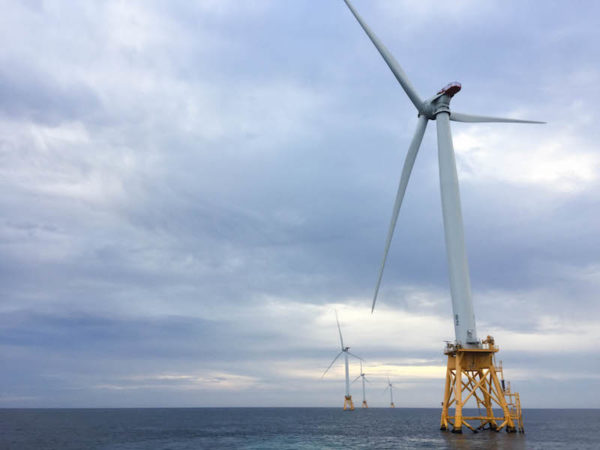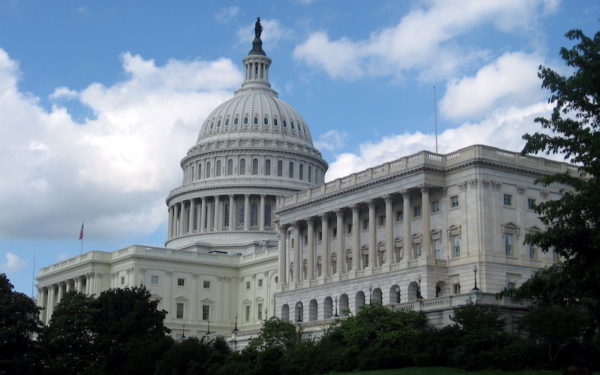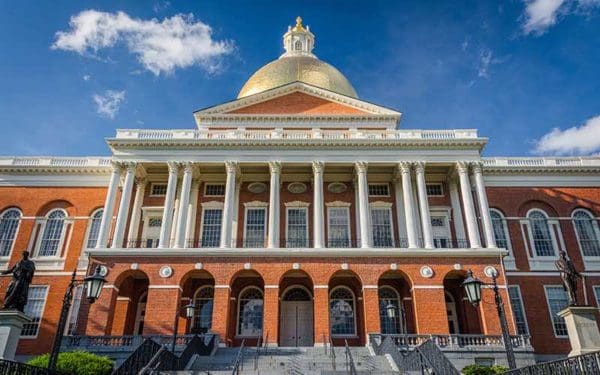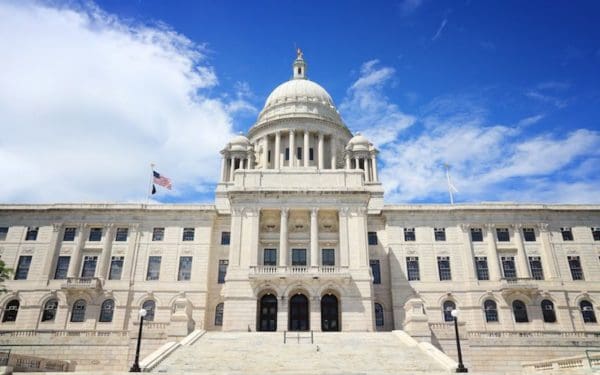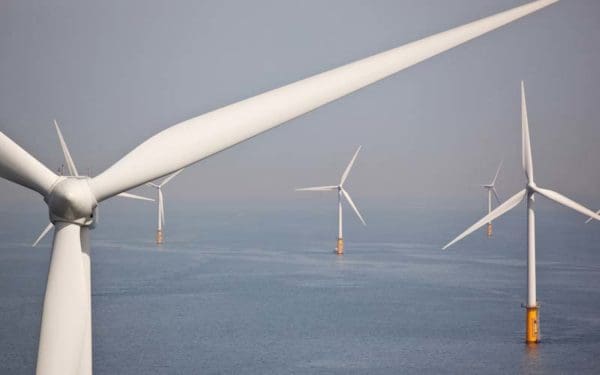Aug 08, 2022
CLF’s forceful advocacy paid off in this year’s Rhode Island legislative session with laws passed to help our climate, stop plastic pollution, and safeguard our drinking water from toxic chemicals.
Aug 07, 2022
“It’s no coincidence that this bill is moving forward at a time when large swaths of the country are baking in yet another heatwave,” said CLF President Bradley Campbell. “The IRA will help us slash emissions and bolster the country’s clean energy efforts to respond to the climate crisis at our doorsteps. However, this bill still doesn’t get us to where we need to be, so state action to reduce emissions is going to be critical in the years ahead.”
Jul 22, 2022
“This bill includes some important steps forward in limiting biomass subsidies and supporting the offshore wind industry,” said Caitlin Peale Sloan, Vice President of CLF Massachusetts. “However, there’s a lot of room for improvement when it comes to environmental justice. The state needs to take a stronger stand in protecting these communities from air pollution, creating access to an electrified commuter rail, and our leaders must do more to equitably phase out fossil fuels once and for all. We’ll continue our push to make these critical changes a reality in the next session.”
Jul 21, 2022
Just as CLF helped to lead the passing of landmark laws in almost every New England state, we must now watchdog their implementation. Because the consequences if these laws languish are too dire to be ignored.
Jul 12, 2022
Slashing polluting emissions from medium- and heavy-duty vehicles is a critical part of our climate fight.
Jun 30, 2022
“It’s clear that the state is lagging behind where we need to be in slashing climate-damaging emissions,” said Caitlin Peale Sloan, Vice President of CLF Massachusetts. “This Administration and the next one need to prioritize real movement in existing policies to match the analysis in this plan, which relies heavily on vague proposals for programs yet to be developed. We need focused and sustained leadership to ensure that systemic change can be achieved in time, as incremental steps will no longer cut it. Any efforts also need to be anchored in equity and justice, and we’ll be pushing officials to improve the plan released today.”
Jun 30, 2022
“The Supreme Court’s new majority has hobbled EPA’s ability to reduce pollution from power plants, expanding an obscure doctrine into an all-purpose tool for the Court to stop agencies from acting on the most significant threats to human health and the environment,” said CLF President Bradley Campbell. “By arbitrarily limiting EPA’s explicit and broad authority under the Clean Air Act to require the use of less polluting systems, the Court has consigned millions of Americans to more illness, shorter lives, and greater poverty in an overheated climate, while giving itself nearly unlimited authority to invalidate protections and safeguards intended by Congress.”
Jun 29, 2022
“This law signals the next step in the death of fossil fuels in Rhode Island,” said CLF Senior Attorney Meg Curran. “Requiring all of our electricity to come from renewable sources is a major win for our health, our economy, and the planet. Now is the time to step up production of wind and solar resources.”
Jun 27, 2022
“Offshore wind is a crucial element of our nation’s strategy to address the climate crisis, but it must be done in a way that protects vital ocean wildlife and habitat,” said Dr. Priscilla Brooks, Director of Ocean Conservation at CLF. “With fewer than 350 critically endangered right whales remaining on earth, every loss is a tragedy. The vessel speed restrictions and adaptive management measures agreed to by South Fork Wind will go a long way toward protecting these whales from being injured or killed by project vessels.”
Jun 08, 2022
With pressure from CLF’s lawsuit mounting, the oil giant closed its polluting facility. But that won’t allow them to escape responsibility for it.
